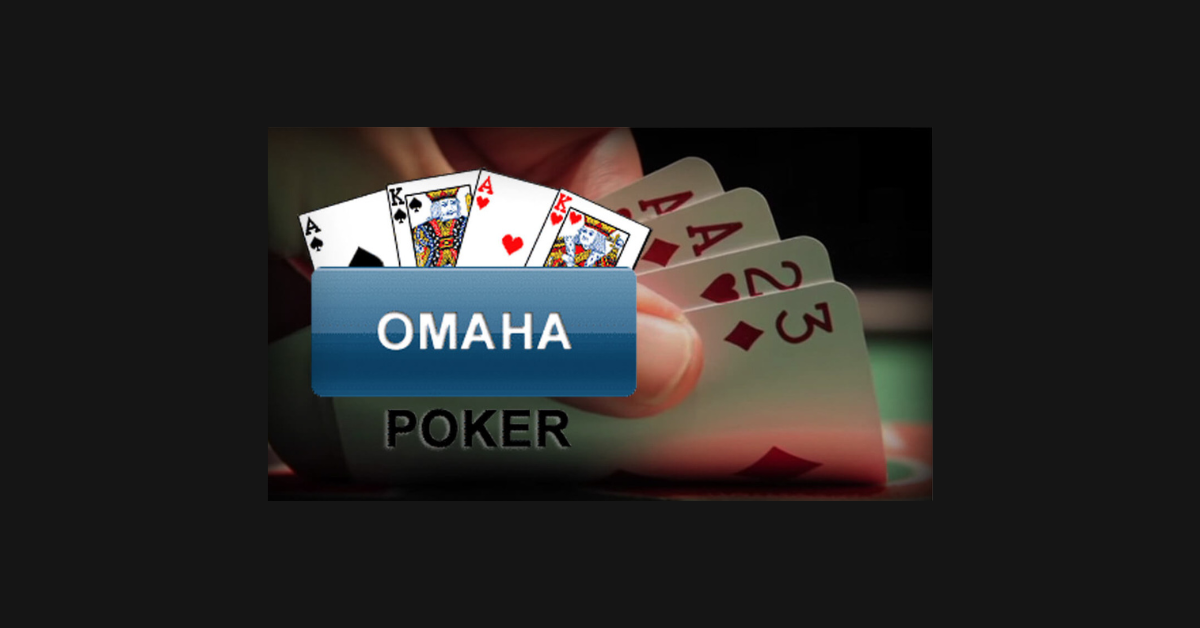Overview of Omaha Poker
Omaha Poker, a thrilling variant of the classic game, shares similarities with Texas Hold’em but with an exciting twist. In Omaha, players are dealt four hole cards instead of two, adding an extra layer of complexity to the game. With five community cards shared among all players, the potential for strong hands is high, making it crucial to carefully consider your options at every stage of the hand.
The game of Omaha is known for its action-packed nature and larger pots due to the increased number of possible combinations. Players must navigate the game with precision and strategic insight to capitalize on their hand strength. Understanding the rules and unique dynamics of Omaha Poker is essential to succeed in this fast-paced and competitive card game.
Understanding the Betting Structure
In Omaha Poker, the betting structure follows a strict pattern to ensure fairness and consistency in gameplay. Players are required to place blinds before the hand begins, initiating the betting rounds. Once the hole cards are dealt, the action starts with the player to the left of the big blind and progresses clockwise around the table.
Bets in Omaha are typically structured around fixed increments for the initial rounds, with the option to increase the bet size in later streets. Players have choices to call, raise, or fold based on their assessment of the strength of their hand relative to their opponents. Understanding the betting structure is crucial for maximizing profits and minimizing losses in Omaha Poker.
The Importance of Position
Position is a crucial factor in the game of Omaha poker. Your seating arrangement relative to the dealer button can significantly impact your decision-making and ultimate success in a hand. Players who act later in a betting round have an advantage as they have more information from the actions of opponents before them.
Being in a late position allows you to observe the actions of other players before making your move. This information can help you make more informed decisions based on how your opponents have responded to the betting so far. In contrast, being in an early position means you have less information to work with, making it more challenging to gauge the strength of your hand against a field of players yet to act.
Starting Hands and Bet Sizing
Starting hands in Omaha poker are crucial to your overall success in the game. Unlike in Texas Hold’em, where players are dealt two hole cards, Omaha players receive four cards. This means that the starting hands in Omaha should ideally consist of cards that can work well together to form strong combinations.
When it comes to bet sizing in Omaha, it’s important to consider the strength of your hand relative to the community cards. With more possible combinations of hands in Omaha compared to Texas Hold’em, you’ll need to adjust your bet sizes accordingly. It’s essential to size your bets in a way that maximizes value when you have a strong hand and minimizes losses when you are behind.
Reading Your Opponents
When playing Omaha Poker, being able to read your opponents is crucial to your success. Pay close attention to their betting patterns and tendencies, as this can give you valuable insight into the strength of their hand. Look for any indications of strength or weakness, such as hesitation before betting or sudden aggression.
Furthermore, observe how your opponents react to different board cards and betting rounds. Do they seem confident or unsure? Are they quick to fold or do they call every bet? By understanding your opponents’ behavior, you can adjust your own strategies accordingly and make more informed decisions at the poker table.















